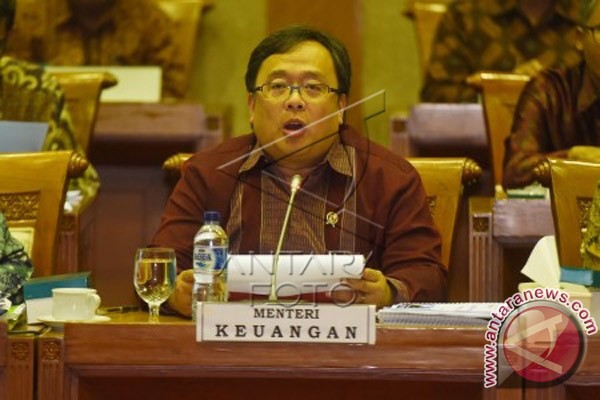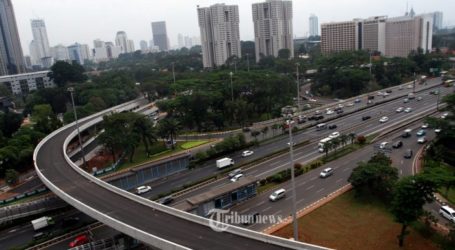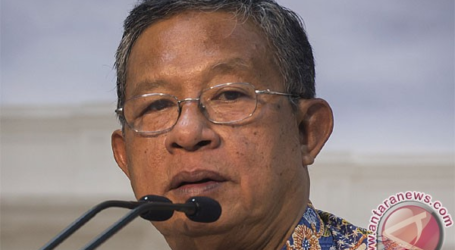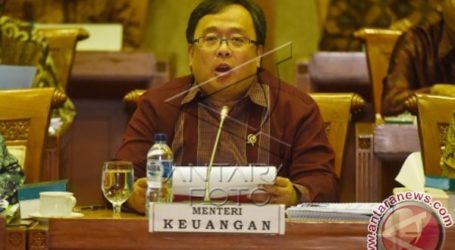Indonesian Economy Predicted to Grow 5.3-5.9 Percent in 2017

Jakarta, 14 Sya’ban 1437/22 May 2016 (MINA) – Finance Minister Bambang Brodjonegoro predicted the countrys economy would grow 5.3–5.7 percent in 2017 to follow the revival of the global economy.
“The countrys economy is expected to grow with improvement in the global economic condition, realization of infrastructure projects and the success in maintaining purchasing power of the people,” the minister said.
The assumption was made by taking into account limited production capacity, weak competitiveness as a result of limited infrastructure, human resources, technological innovation and food security, he told the legislators in a plenary session on macro economy and 2017 fiscal policy here on Friday.
“In addition, the role of the financial sector in the country is still shallow in supporting economic growth and the cost of fund is still high,” he said.
He said the target for inflation is set at 3 percent-5 percent with support in efforts of price stabilization, and good coordination between the real sector, the monetary authority and regional administrations.
The target for rupiah exchange rate is set at 13,650-13,900 per dollar with support in improvement in economic fundamentals and government commitment in boosting investment that would help create rupiah stability, he said.
Meanwhile, the oil price target is set at US$35-US$45 per barrel with oil lifting at 740,000 – 760,000 barrels per day and gas lifting averaging 1.05 million – 1.15 million barrels per day oil equivalent.
The oil and gas production is forecast to decline on natural causes and less aggressive explorations amid low prices, Antara was quoted by Mi’raj Islamic News Agency (MINA) as reporting.
“The assumptions for macro economic indicators are set by the government on which 2017 fiscal policy and state budget would be drafted for 2017,” Bambang said.
The minister said a host of challenges are yet to be faced in the fiscal management in 2017 such as difficulty in increasing fiscal room to support priority productive spending, ineffective spending , subsidy not properly distributed, rising spending, etc.
“The government, therefore, is seeking to bring to reality healthy and sustainable fiscal policy through improvement of productivity of the state budget and efficiency in budget allocation, strengthening fiscal resistance, etc,” he said.
The strategy to maintain fiscal sustainability is by controlling budget deficit at 1.9-2.5 percent of the GDP through optimization of revenues and efficiency in spending and by maintaining healthy debt ratio at 26 percent-28 percent of the GDP, by controlling spending of loan funds and primary balance. (T/R07/R01)
Mi’raj islamic News Agency (MINA)






